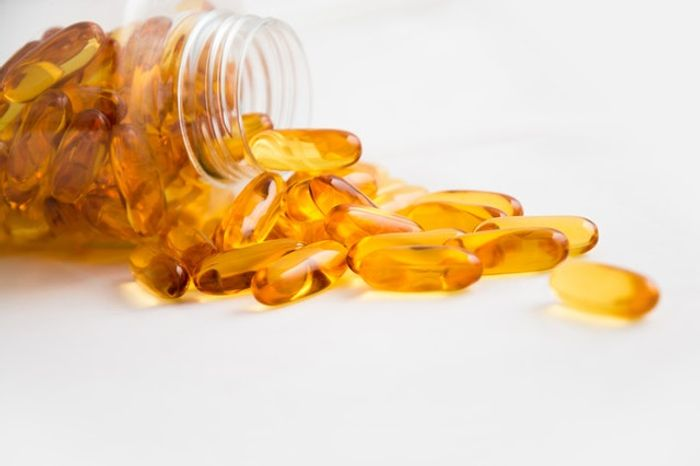Vitamin D May Prevent Colon Cancer
Foods rich in vitamin D may help protect younger adults against carcinoma, researchers report.
While carcinoma is decreasing overall, cases among younger adults are on the increase. The trend increases with a decline in vitamin D intake from foods like fish, mushrooms, eggs, and milk.
There is growing evidence of a link between vitamin D and risk of carcinoma death, but little research on whether vitamin D intake is related to the danger of young-onset (before age 50) carcinoma.
“Because vitamin D deficiency has been steadily increasing over the past few years, we wondered whether this might be contributing to the rising rates” of carcinoma in younger people,
The study found that vitamin D intake of 300 IU per day or more — roughly like three 8-ounce glasses of milk — was related to roughly a 50% lower risk of developing young-onset carcinoma (said study co-senior author Dr. Kimmie Ng, director of the Young-Onset Colorectal Cancer Center at Dana-Farber Cancer Institute in Boston).
Higher vitamin D intake was also related to a lower risk of probably precancerous colon polyps detected before age 50.
The findings are supported by data from quite 94,000 women who were a part of a long-term study that began in 1989. They were 25 to 42 years old when the study began.
The study — recently published online within the journal Gastroenterology — is the first to form the connection between vitamin D levels and risk of young-onset carcinoma, researchers said.
They didn’t find a big link between vitamin D intake and carcinoma risk after age 50, and that they said more study is required to work out if vitamin D provides greater protection against young-onset carcinoma than against it afterward.
“Our results further support that vitamin D could also be important in younger adults for health and possibly colorectal cancer prevention,” Ng said.
She said it’s critical to know the danger factors related to young-onset carcinoma so informed decisions about lifestyle and diet are often made and high-risk individuals can receive earlier screening.
The findings could lead to recommendations for higher vitamin D intake as a cheap addition to screening tests to stop carcinoma in adults under 50, researchers said.
Recent case-controlled studies have established that there is an inverse correlation between serum levels of vitamin D and the incidence of polyps and adenomas in the colon, consistent with the inverse correlation between dietary vitamin D3 intake or sunlight exposure and human colorectal cancer. This is significant because a large segment of the human population suffers from vitamin D3 insufficiency or deficiency, which is particularly prevalent among colon cancer patients. Indeed, numerous studies have suggested that higher vitamin D3 levels are associated with lower colon cancer incidence, reduced polyp recurrence, and better overall survival of colon cancer patients
Vitamin D and its analogs reduce the growth of colon cancer xenografts and inhibit tumorigenesis in several genetic models of intestinal cancer. In agreement, dietary initiation of colon cancer in rodents, a model of sporadic colon cancer, is prevented by supplementation with vitamin D3 and Ca
The Chemistry of Vitamin D
The biologically active form of vitamin D3,1α,25(OH)2D3 (1,25D3), is obtained by 25-hydroxylation of vitamin D3 in the liver and 1α-hydroxylation in the kidney, liver, or other tissues. Hydroxylation of 25(OH)D3 by CYP27B1 yields the hormonally active form 1,25(OH)2D3, which is metabolized to less active metabolites by CYP24A1 . While the levels of CYP21B1 are reduced in some cancers, the levels of CYP24A1 are increased in cancer cells, which may contribute to the resistance of some tumors to 1,25D.



